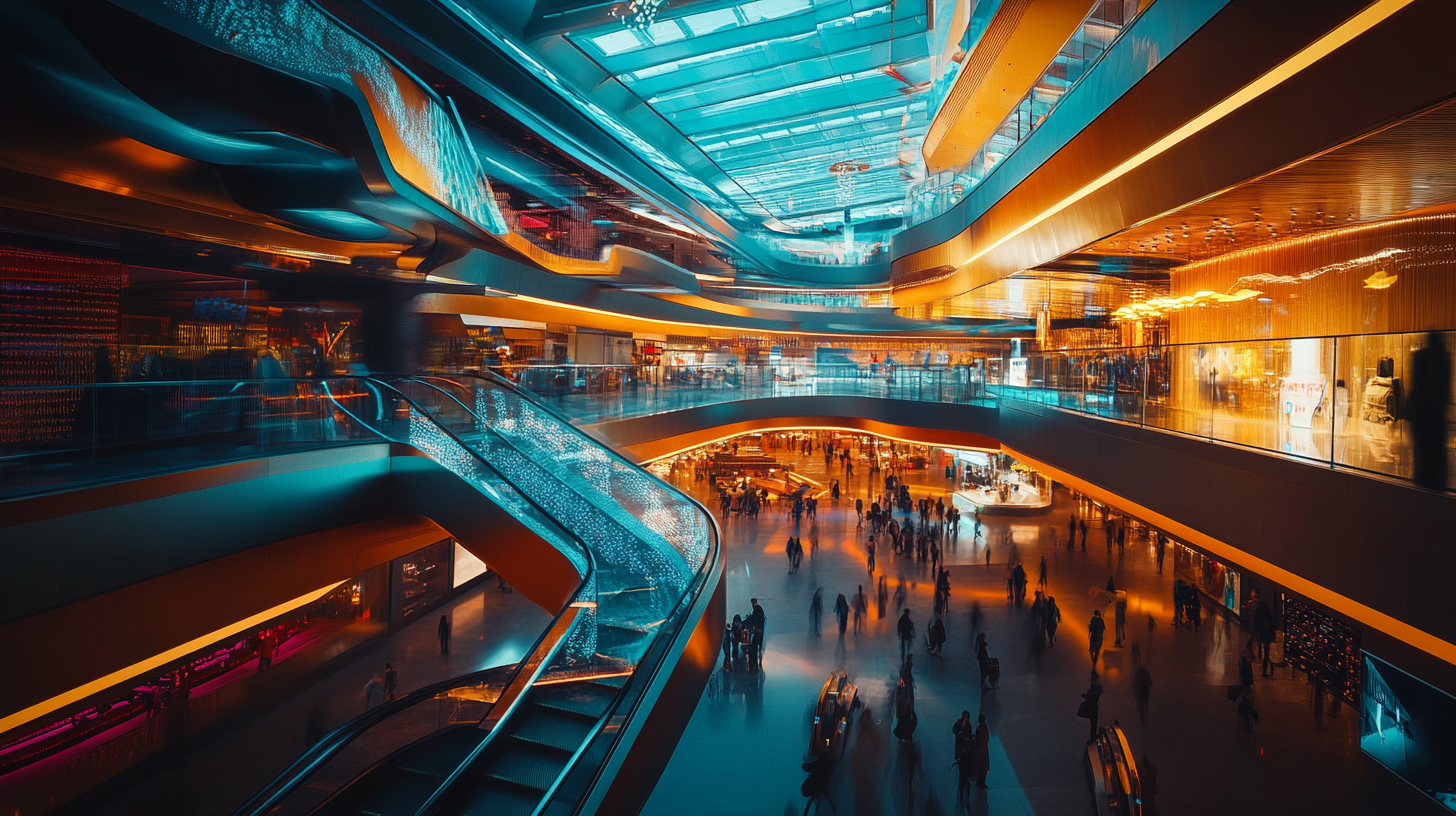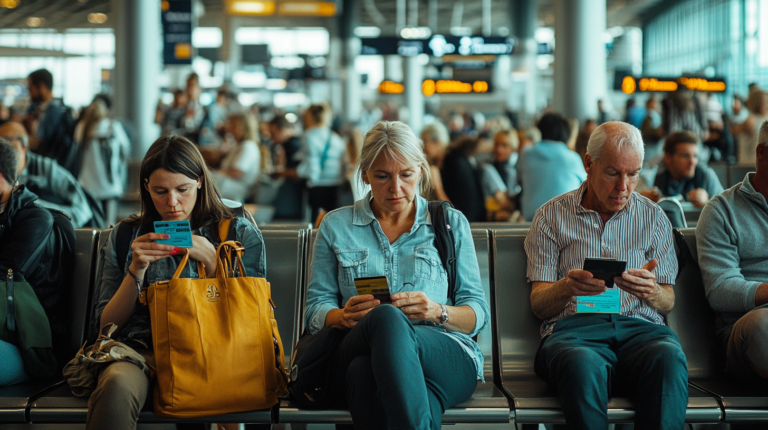AI in Travel: How Artificial Intelligence is Transforming the Way We Plan and Experience Our Journeys
The travel industry is undergoing a significant transformation, driven by rapid advancements in artificial intelligence (AI). From personalized trip planning to enhanced security measures, AI is reshaping every facet of travel, ushering in a new era where technology and exploration intertwine seamlessly. This article delves into the myriad ways AI is revolutionizing the travel experience, offering unprecedented levels of personalization, efficiency, and convenience to travelers worldwide, and paving the way for innovative solutions that were once the realm of science fiction.
The Rise of AI in Travel Planning
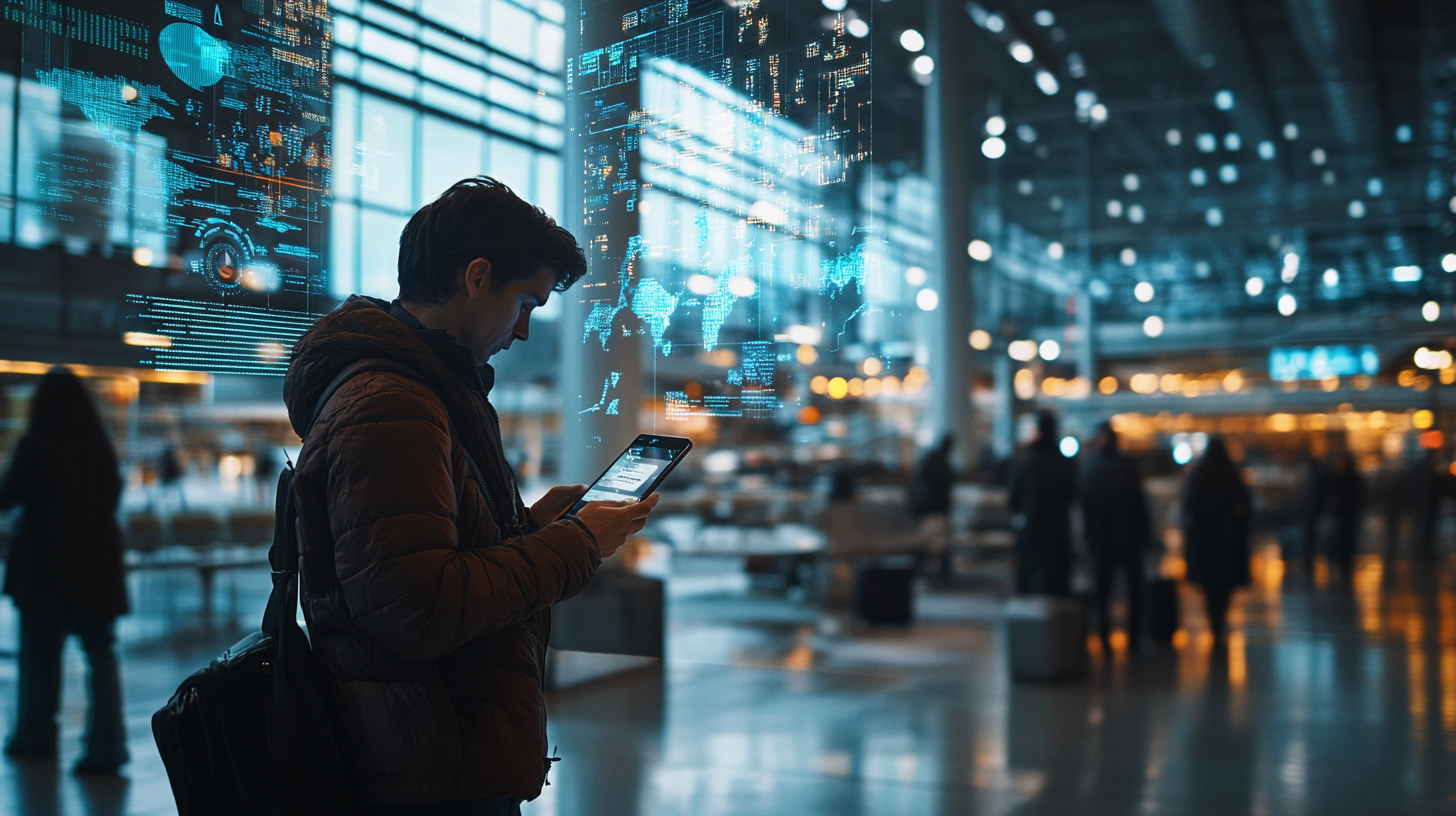
Planning a trip can often be overwhelming, with endless options and logistics to consider—from selecting flights and accommodations to organizing daily activities and navigating unfamiliar destinations. The sheer volume of choices can leave travelers feeling uncertain and time-constrained. AI-powered trip planner apps are changing this narrative by offering enhanced personalization and predictive analytics. These intelligent systems generate tailored itineraries based on user preferences, budget constraints, and past travel history, effectively streamlining the planning process and transforming it into an enjoyable part of the journey. Platforms such as AI-Powered Travel Personalization Tools leverage machine learning algorithms to simplify decision-making, allowing travelers to focus on the excitement of their upcoming adventure.
For instance, apps like AI Travel and Real-Time AI Travel Adjustment Platforms integrate with tools such as Google Maps to provide seamless navigation and real-time itinerary adjustments. These apps analyze vast datasets to offer recommendations that align with individual interests, preferences, and even changing weather or traffic conditions. Imagine planning a day in a new city, and your trip planner adjusts your itinerary because it knows a sudden rainstorm is approaching, suggesting indoor activities or rescheduling outdoor plans for when the weather clears. This level of personalization not only reduces planning stress but also ensures a more enjoyable and customized travel experience. By proactively adapting to unforeseen changes, AI empowers travelers to make the most of their time, turning potential obstacles into opportunities for discovery.
Enhancing Customer Experience with AI
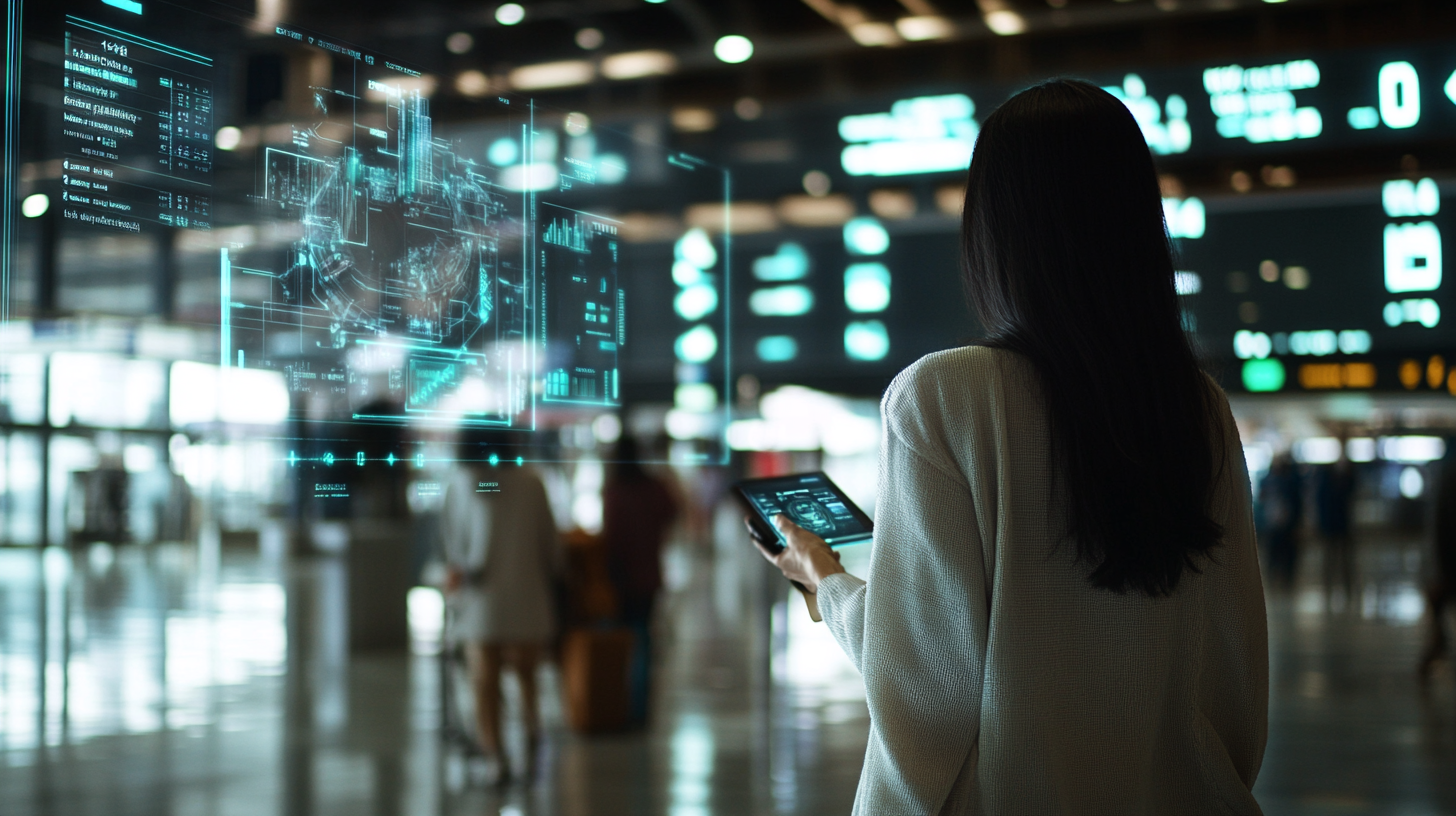
Artificial intelligence is enhancing customer experience in the travel industry through several key applications. Travel companies are increasingly adopting AI-Driven Customer Service Chatbots to provide reliable and instant customer service, supporting travelers with booking inquiries, itinerary changes, and real-time assistance. These virtual assistants are available 24/7, offering multilingual support and reducing the need for human intervention in routine tasks. For example, when a flight is delayed or canceled, an AI chatbot can proactively notify the traveler, suggest alternative arrangements, and even handle rebooking—all within minutes. This increased speed and availability of support not only improves customer satisfaction but also allows human agents to focus on more complex issues that require personal attention.
Moreover, AI analyzes user data to offer personalized recommendations, creating a more intuitive and satisfying user experience. Platforms like AI-Based Personalized Booking Systems are redefining how travelers discover and select travel options. Travel companies like Expedia and Kayak utilize AI algorithms to provide tailored booking suggestions, price predictions, and alerts when fares drop. By analyzing browsing history, previous bookings, and user preferences, these platforms can suggest hotels, flights, and destinations that align closely with what the traveler is seeking. Airbnb, for example, personalizes search results based on past interactions and preferences, highlighting accommodations that match the user’s style, budget, and desired amenities. This level of customization enhances user satisfaction and fosters loyalty, as travelers feel that the services are attuned to their individual needs.
Optimizing Operational Efficiency and Security
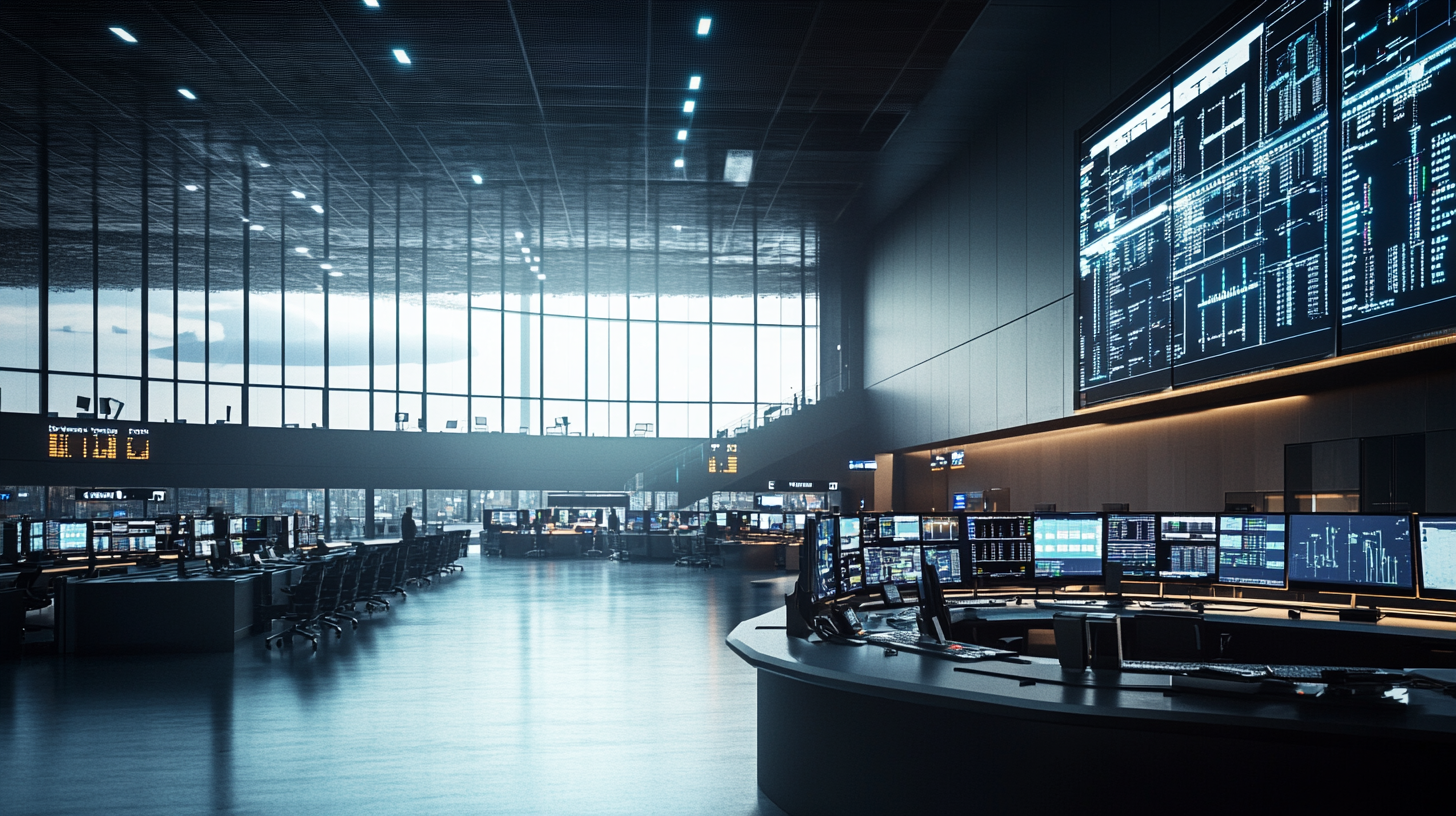
Beyond customer-facing applications, AI is optimizing operational efficiency within the travel industry. Companies are implementing AI-Powered Dynamic Pricing Solutions to enhance revenue management strategies. Dynamic pricing, powered by sophisticated AI algorithms, allows airlines and hotels to adjust prices in real-time based on demand, booking patterns, seasonal trends, and even competitor pricing. This intelligent pricing strategy maximizes revenue while offering competitive rates to customers. For instance, during peak travel seasons or when a major event is happening in a city, AI can predict increased demand and adjust prices accordingly. Conversely, during off-peak times, prices may be lowered to attract more bookings. This flexibility benefits both the service providers and the travelers, ensuring optimal occupancy rates and providing opportunities for customers to find deals.
In terms of security, airports are adopting AI-Enhanced Airport Security Technologies to bolster safety measures and traveler convenience. AI technologies such as facial recognition and biometric analysis are being implemented to streamline airport procedures, making check-ins and security screenings more efficient. For example, passengers can now pass through security checkpoints using facial scans that match their identity with their boarding pass, reducing the need for manual document checks. AI systems can also detect unusual behavior or potential threats by analyzing surveillance data in real-time. These advancements not only enhance security but also improve the overall travel experience by reducing wait times and simplifying processes. By expediting routine procedures, AI allows travelers to navigate airports with greater ease and confidence.
The Human Element and Ethical Considerations

Despite the numerous benefits of AI, the human element remains vital in the travel industry. While AI can automate and personalize many aspects of travel, human expertise is essential for resolving complex issues, offering empathy, and providing the personalized touch that technology cannot replicate. For instance, in situations of emergency or when travelers face unexpected challenges abroad, human support can offer reassurance and solutions that go beyond algorithmic responses. Travel agents and customer service representatives bring cultural understanding, emotional intelligence, and the ability to navigate nuances that AI has yet to master. The synergy between AI tools and human professionals ensures that travelers receive comprehensive support throughout their journey.
Ethical considerations, such as data privacy and algorithmic bias, also present significant challenges in the adoption of AI in travel. Travelers express concerns about how their personal information is collected, stored, and used, fearing potential misuse or unauthorized access. Algorithmic bias can lead to unfair treatment or discrimination, affecting user trust. Ensuring transparent, unbiased AI systems is crucial to addressing these issues. Resources such as Ethical AI Practices for the Travel Industry provide guidelines for responsible AI implementation. Companies must invest in robust data management practices, adhere to privacy regulations like GDPR, and implement security measures to protect user data. Additionally, fostering ethical design principles and regularly auditing AI systems for bias can help build trust and maintain customer loyalty. Open communication about data policies and giving users control over their information are essential steps in promoting ethical AI deployment.
Future Trends and the Road Ahead
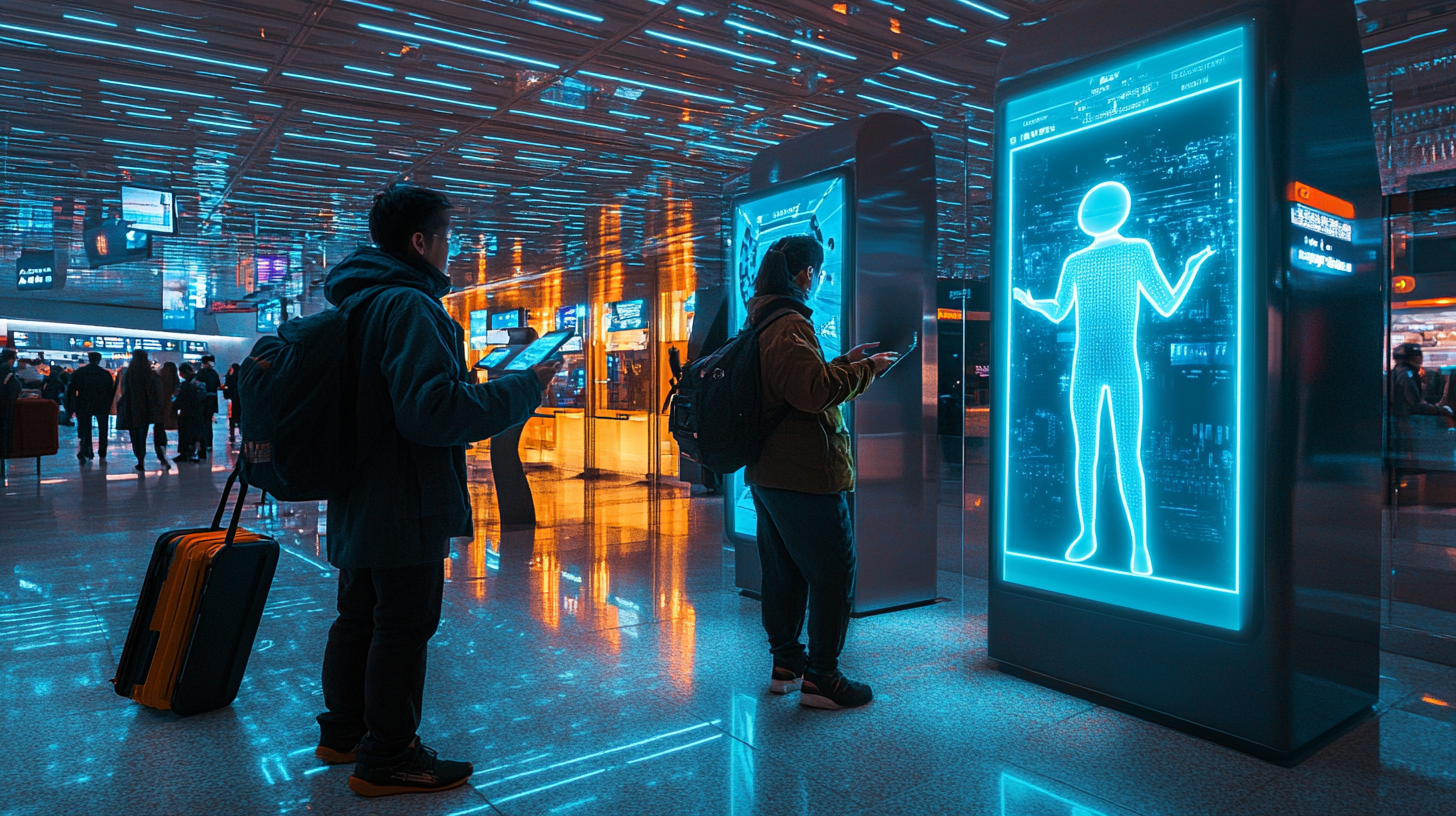
The impact of AI on the travel industry is expected to grow significantly in the coming years. According to projections, the global AI travel market could reach $423.7 billion by 2027, reflecting the rapid integration of AI technologies across various travel sectors. Generative AI alone has the potential to unlock $2-4 trillion in value, as noted in discussions on the McKinsey Podcast. Insights from Emerging AI Trends in the Travel Industry suggest that collaboration between tech companies and travel providers will be key to future innovations. This growth is fueled by advancements in machine learning, natural language processing, and data analytics, which are enabling more sophisticated applications. However, careful implementation is crucial to harness these benefits fully. Companies must navigate technological complexities, invest in employee training, and remain adaptable to evolving consumer expectations.
Integration with other technologies like cloud computing, cybersecurity, and data analytics will further enhance AI’s capabilities in travel. Studies on AI Integration with Cloud and Cybersecurity in Travel highlight the importance of a holistic technological approach. Cloud computing enables scalable and flexible data storage solutions necessary for AI processing, while robust cybersecurity measures protect sensitive traveler information. Advanced data analytics allows for deeper insights into consumer behavior, enabling companies to refine their services. Companies are embracing AI to offer hyper-personalization and improved customer interactions, aiming to bridge the gap between consumer expectations and service delivery. By leveraging these interconnected technologies, the travel industry can create seamless experiences that are both secure and tailored to individual preferences.
As AI continues to evolve, new professional roles such as AI Travel Specialists are emerging, highlighting the blend of technology and human expertise. Programs focusing on AI in Travel Workforce Development are essential in preparing professionals for these new roles. These specialists are adept at leveraging AI tools to curate personalized travel experiences, interpreting data insights, and providing human-centric service that complements technological advancements. The goal is to make travel more personalized and enjoyable while maintaining efficiency and security. This evolution underscores the importance of continuous learning and adaptation in the workforce to meet the changing demands of the industry.
Balancing Automation with the Human Touch
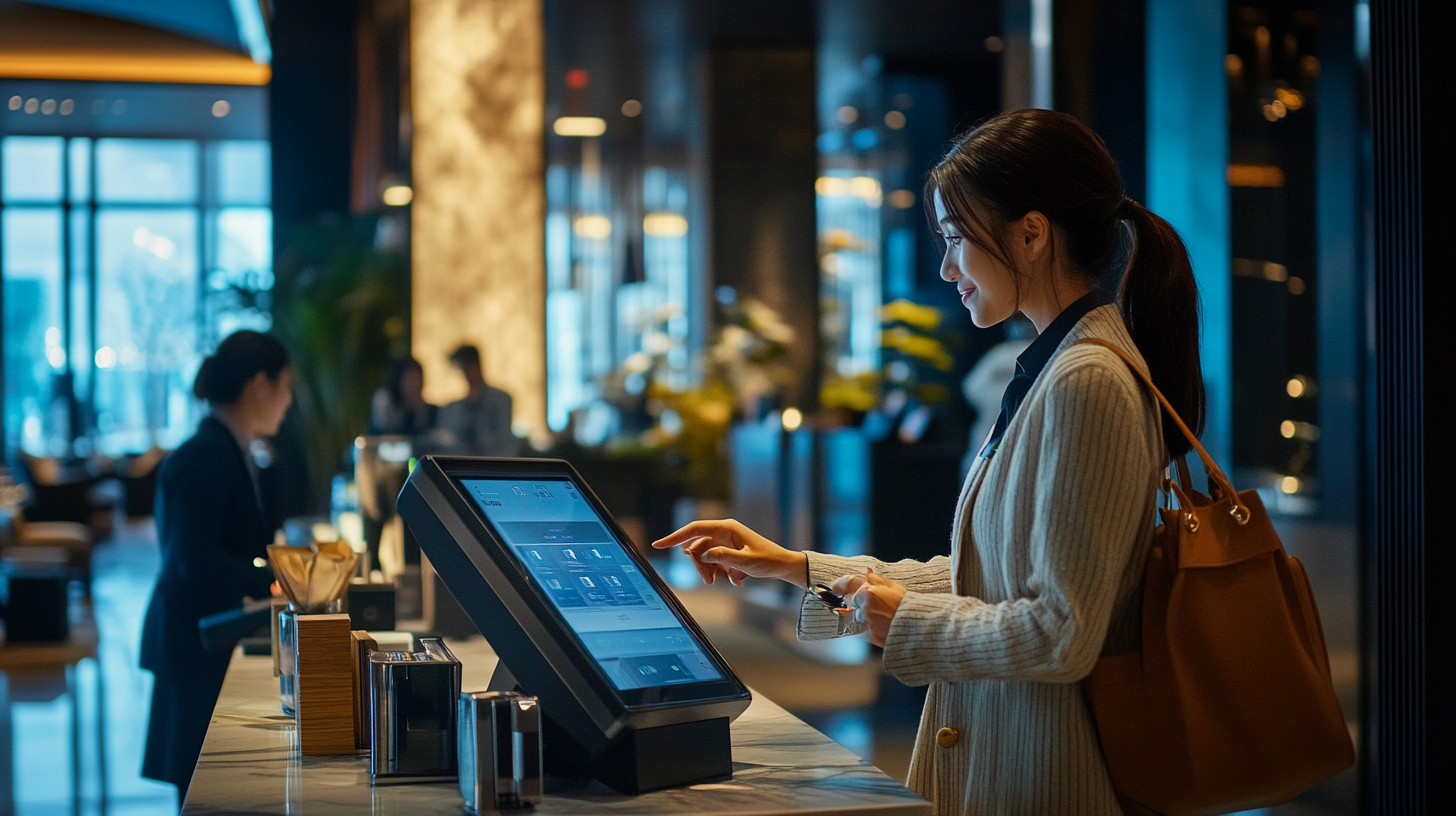
AI offers incredible opportunities for personalization and efficiency, but it does not replace the irreplaceable human element in travel. Insights from Importance of Human Connection in AI-Assisted Travel emphasize maintaining this balance. Personal interactions, local insights, and the nuanced understanding that humans bring to travel experiences are invaluable. For example, a local guide can share stories, cultural anecdotes, and hidden gems that an AI might overlook. The warmth of human hospitality and the ability to connect on a personal level enriches travel experiences beyond what technology can achieve. Balancing automation with the human touch ensures that while efficiency is gained, the essence of exploration and human connection remains at the heart of travel.
Travel companies must find the right balance between leveraging AI technologies and maintaining personal connections with customers. By combining technological advancements with human support, the industry can provide a more holistic and satisfying travel experience. This means investing in training staff to work alongside AI tools, focusing on exceptional customer service, and ensuring that technology enhances rather than detracts from the human experience. Companies that successfully integrate AI while preserving the personal touch are likely to stand out in a competitive market, fostering stronger relationships with customers and encouraging repeat business.
Final Thoughts

Artificial intelligence is undeniably transforming the travel industry, revolutionizing how people plan and experience their journeys. From personalized trip planning and enhanced customer service to operational efficiencies and improved security, AI offers a myriad of benefits that are reshaping traveler expectations and industry standards. The infusion of AI into travel services is making travel more accessible, efficient, and tailored to individual desires, opening up new possibilities for exploration and connection.
However, the successful integration of AI requires a thoughtful approach that addresses ethical considerations and preserves the essential human element of travel. Transparency, fairness, and respect for user privacy must guide the development and deployment of AI technologies. As the industry moves forward, embracing both technological innovation and human-centered service will be key to delivering exceptional travel experiences. By finding harmony between AI capabilities and the irreplaceable value of human interaction, the travel industry can chart a path that enriches journeys and meets the evolving needs of travelers around the world.
Follow us back to milesBUZZ for more insights and updates on the intersection of AI and travel. We invite you to explore the future of travel with us and discover how technology is shaping the way we explore the world.

